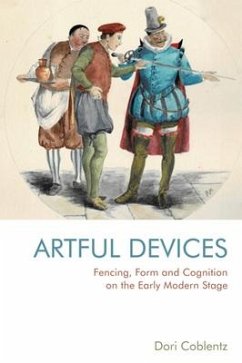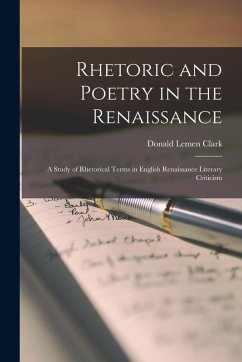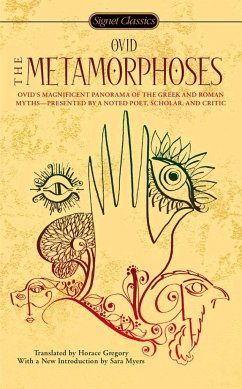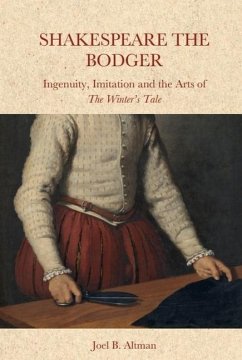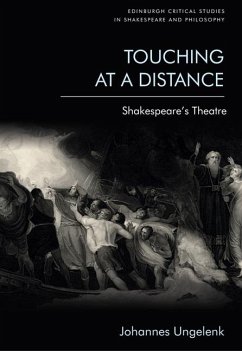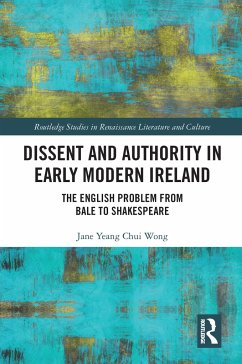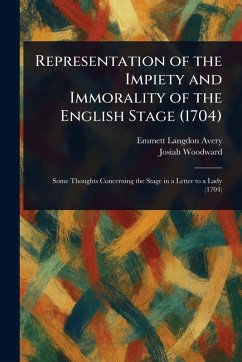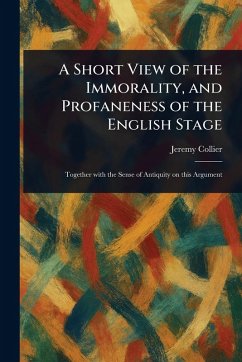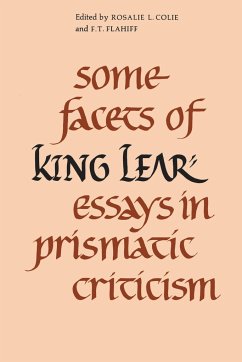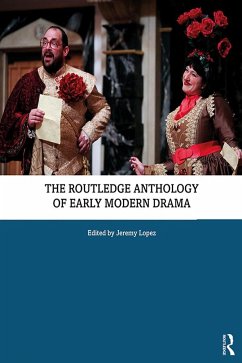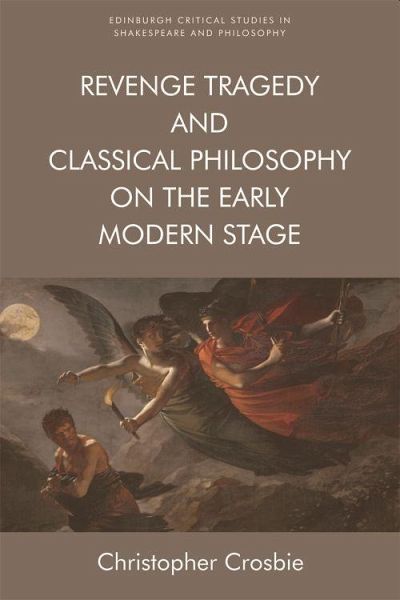
Revenge Tragedy and Classical Philosophy on the Early Modern Stage
Versandkostenfrei!
Versandfertig in über 4 Wochen
38,99 €
inkl. MwSt.
Weitere Ausgaben:

PAYBACK Punkte
19 °P sammeln!
Examines the influence of classical philosophy on revenge narratives by Shakespeare and his contemporaries This book discovers within early modern revenge tragedy the surprising shaping presence of a wide array of classical philosophies not commonly affiliated with the genre. By recovering the pervasive influence of Aristotelian faculty psychology on The Spanish Tragedy, Aristotelian ethics on Titus Andronicus, Lucretian atomism on Hamlet, Galenic pneumatics on Antonio's Revenge and Epictetian Stoicism on The Duchess of Malfi, Crosbie reveals how the very atmospheres and ontological assumption...
Examines the influence of classical philosophy on revenge narratives by Shakespeare and his contemporaries This book discovers within early modern revenge tragedy the surprising shaping presence of a wide array of classical philosophies not commonly affiliated with the genre. By recovering the pervasive influence of Aristotelian faculty psychology on The Spanish Tragedy, Aristotelian ethics on Titus Andronicus, Lucretian atomism on Hamlet, Galenic pneumatics on Antonio's Revenge and Epictetian Stoicism on The Duchess of Malfi, Crosbie reveals how the very atmospheres and ontological assumptions of revenge tragedy exert their own kind of conditioning dramaturgical force. The book also revitalises our understanding of how the Renaissance stage, even at its most lurid, functions as a unique space for the era's practical, vernacular engagement with received philosophy. Christopher Crosbie is Associate Professor of English at North Carolina State University.




